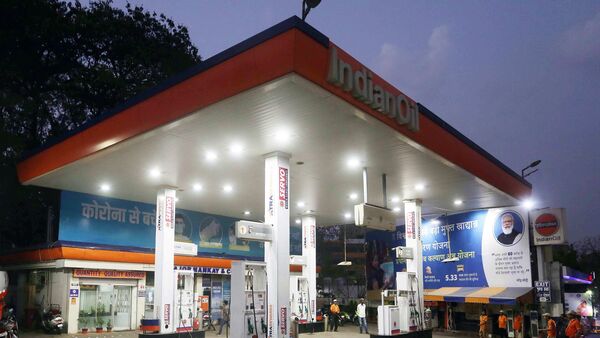

**Petrol Prices Unchanged, Diesel Prices Drop by Rs.3: A Summary**
Recent updates in the energy sector have brought a blend of news regarding fuel pricing. While petrol prices have stayed unchanged, diesel prices have experienced a noteworthy reduction, falling by Rs.3 per liter. This shift is anticipated to have multiple impacts across various sectors and for consumers in general.
**Petrol Prices: Consistency Amidst Fluctuations**
Petrol prices have successfully kept a stable level despite fluctuations in the global market. This consistency can be linked to several elements, such as strategic reserve management, governmental regulations, and a well-adjusted demand-supply ratio. The steadiness in petrol pricing is a comfort for consumers who depend significantly on petrol for both personal and commercial transport.
The consistency in petrol pricing also illustrates the efficiency of regulatory frameworks designed to shield against international crude oil price changes. This stability is vital for economic planning and financial forecasting for individuals and enterprises alike.
**Diesel Prices: A Notable Decrease**
The Rs.3 per liter drop in diesel prices is a significant shift, particularly for industries and sectors that are greatly dependent on diesel. Diesel serves as a key fuel for transportation, agriculture, and manufacturing industries. This price reduction is expected to lower operational expenses, potentially reducing the costs of goods and services.
For the agricultural sector, a major diesel user for various machinery and irrigation needs, this dip might lead to decreased production costs, providing some relief to farmers. Likewise, the transportation sector, notably logistics and freight, stands to gain from lower fuel costs, which could result in reduced shipping expenses and ultimately, lower consumer prices.
**Economic Consequences**
The decline in diesel prices may trigger a ripple effect throughout the economy. Decreased transportation and production expenses can contribute to lower goods prices, potentially alleviating inflationary pressures. This may enhance consumer purchasing power and invigorate economic activity.
Nonetheless, the steady petrol prices imply that consumers will not experience a reduction in expenses related to petrol usage. This could restrict the overall economic relief felt by households that predominantly rely on petrol.
**Conclusion**
The current situation of stable petrol prices coupled with falling diesel prices presents a mixed yet cautiously hopeful perspective for both consumers and industries. While petrol users may not experience immediate financial benefits, the drop in diesel prices is a favorable change for diesel-reliant sectors. As the global energy landscape continues to progress, these developments emphasize the necessity for flexible strategies and policies to manage fuel pricing effectively.






